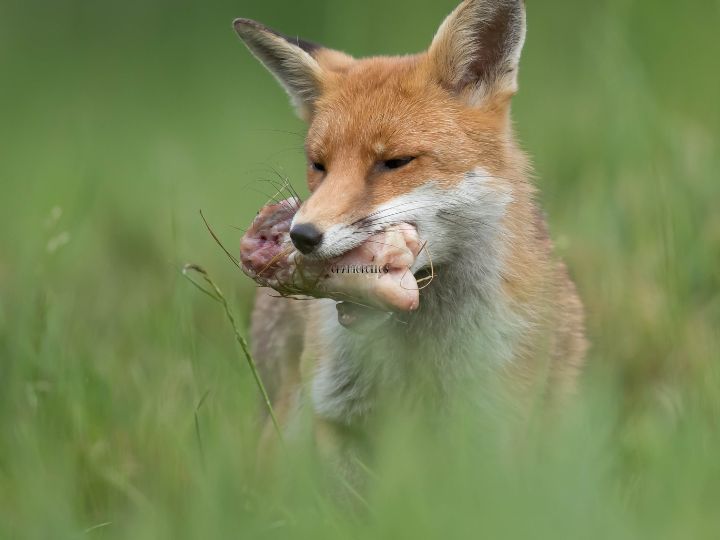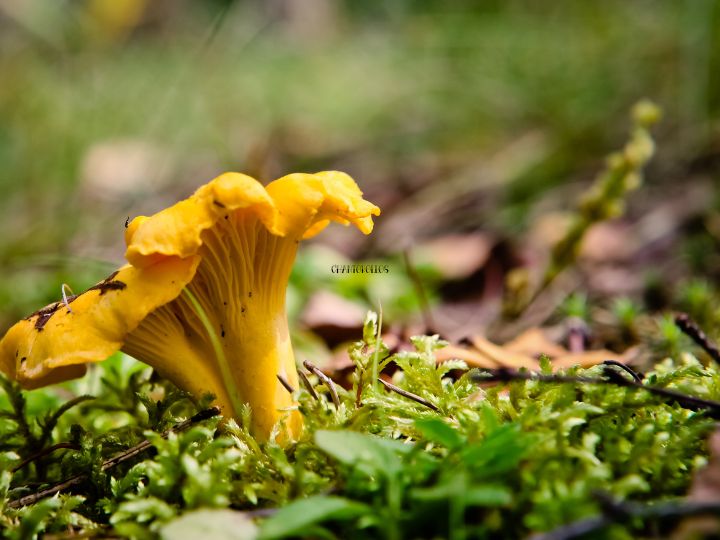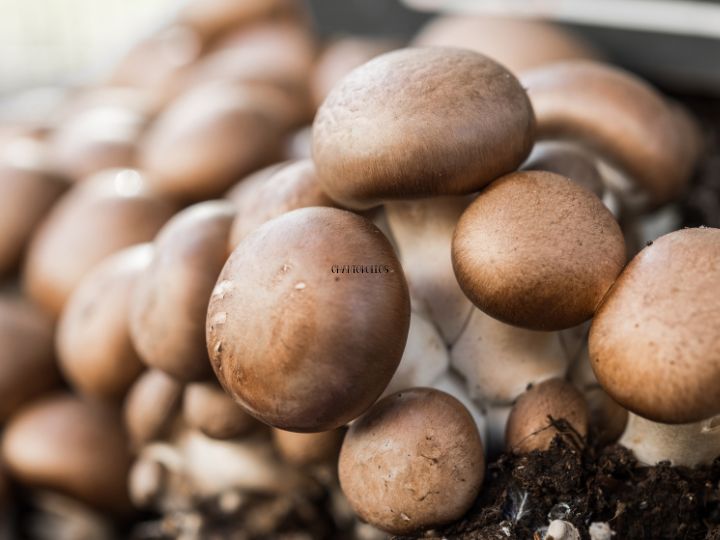Foxes are known to have a diverse diet that includes small rodents, birds, insects, fruits, and vegetables. However, it is not uncommon for foxes to eat mushrooms as well. While mushrooms do not make up a significant portion of their diet, they can be an excellent source of energy for foxes.
Do Foxes Eat Mushrooms?
Mushrooms are not a year-round food source for foxes, but they can be a valuable supplement to their diet when other food sources are scarce. Foxes are opportunistic eaters and will forage for food when necessary. In the wild, they will eat whatever is available to them, including mushrooms. However, it is important to note that not all mushrooms are safe for consumption, and some can be toxic to foxes.
Foxes and Their Diet
Foxes are omnivores and eat both meat and plants. Their diet includes small mammals, birds, eggs, fish, crustaceans, worms, fruits, vegetables, seeds, and mushrooms. They are known to forage for food when no meat sources are available for prey. Foxes make 1-2 kills per week on average. Their favorite foods are mice, rats, and birds. They kill their prey by biting hard on the back of the neck to sever the cervical vertebrae.

Mushrooms and Their Toxicity
While foxes do eat mushrooms, some mushrooms are toxic to animals and humans. Foxes are cautious about eating mushrooms and tend to avoid toxic ones. Toxic mushrooms can cause a variety of symptoms, including vomiting, diarrhea, seizures, liver failure, and death. Therefore, it is essential to be cautious while picking mushrooms for consumption.
It is crucial to note that foxes do not rely on mushrooms as a primary food source. Instead, they turn to mushrooms when food is scarce in the wild, and they cannot find fruits, insects, or small rodents. Foxes can benefit from eating mushrooms as they can be an excellent source of energy. However, a fox’s diet does not include mushrooms due to the fungi’s growth not occurring year-round in the wild.
In conclusion, foxes do eat mushrooms, but they are cautious about eating them due to the toxicity of some mushrooms. Foxes rely on a diverse diet of both meat and plants, including small mammals, birds, eggs, fish, crustaceans, worms, fruits, vegetables, seeds, and mushrooms.
Types of Mushrooms that Foxes Eat
Foxes are known to be opportunistic eaters and will consume a wide range of food sources, including mushrooms. However, not all mushrooms are safe for consumption, and some may even be toxic to foxes. In this section, we will discuss the different types of mushrooms that foxes eat.
Edible Mushrooms
Foxes are known to consume a variety of edible mushrooms. Some of the most common edible mushrooms that foxes eat include:
- Chanterelles
- Morels
- Oyster mushrooms
- Shaggy mane mushrooms
These mushrooms are not only safe for foxes to eat, but they also provide a good source of nutrients.

Non-Toxic Mushrooms
Foxes also eat non-toxic mushrooms, which are not harmful but do not provide much nutritional value. Some examples of non-toxic mushrooms that foxes eat include:
- Button mushrooms
- Portobello mushrooms
- White mushrooms
These mushrooms are safe for foxes to consume, but they are not as beneficial as the edible mushrooms.

Mushrooms that Foxes Avoid
While foxes are known to eat a variety of mushrooms, there are some types of mushrooms that they avoid. These mushrooms are either toxic or have an unpleasant taste or texture. Some examples of mushrooms that foxes avoid include:
- Amanita mushrooms
- Death cap mushrooms
- Fly agaric mushrooms
These mushrooms contain toxins that can be deadly to foxes. As a result, foxes tend to avoid them.
In conclusion, foxes are opportunistic eaters and will consume a variety of mushrooms. However, it is important to note that not all mushrooms are safe for consumption. Foxes tend to avoid toxic mushrooms and prefer to eat edible and non-toxic mushrooms, which provide a good source of nutrients.
How Do Foxes Hunt for Mushrooms?
Foxes’ Sense of Smell
Foxes have an exceptional sense of smell, which they use to hunt for food. They can detect the scent of prey from a distance of up to 40 meters away. When it comes to mushrooms, foxes can smell the fungi from the ground even if they are buried under leaves or soil. This ability makes it easier for them to locate mushrooms, especially during dry seasons when the fungi are scarce.
Foxes’ Hunting Techniques
Foxes use different hunting techniques to find and catch mushrooms. One of the most common techniques is foraging, where they search for mushrooms in areas where they have previously found them. They also use their sense of smell to locate mushrooms in new areas.
Another technique that foxes use is digging. They dig up the soil with their paws to expose the mushrooms that are growing underground. This technique is particularly useful when the mushrooms are hidden or buried.
Foxes also use their keen eyesight to spot mushrooms growing on tree trunks or branches. They climb trees to reach the mushrooms and use their sharp teeth to bite them off.
In conclusion, foxes have a variety of techniques that they use to hunt for mushrooms. Their keen sense of smell and sharp eyesight make it easier for them to locate the fungi, while their digging and climbing abilities allow them to access the mushrooms that are hidden or growing in hard-to-reach areas.
Frequently Asked Questions
Becky is a fervent wildlife enthusiast and pet care expert with a diploma in canine nutrition. Her love for animals stretches beyond the domestic, embracing the wild tapestry of global fauna. With over a decade of experience in animal welfare, Becky lends her expertise to OutlandishOwl through insightful articles, captivating wildlife information, and invaluable guidance on pet nutrition. Her work embodies a deep commitment to understanding the intricate lives of animals and a passion for educating others on sustaining natural habitats. Becky's hands-on conservation efforts and her knack for translating complex dietary science into practical pet feeding tips make her an indispensable voice for creatures great and small.




